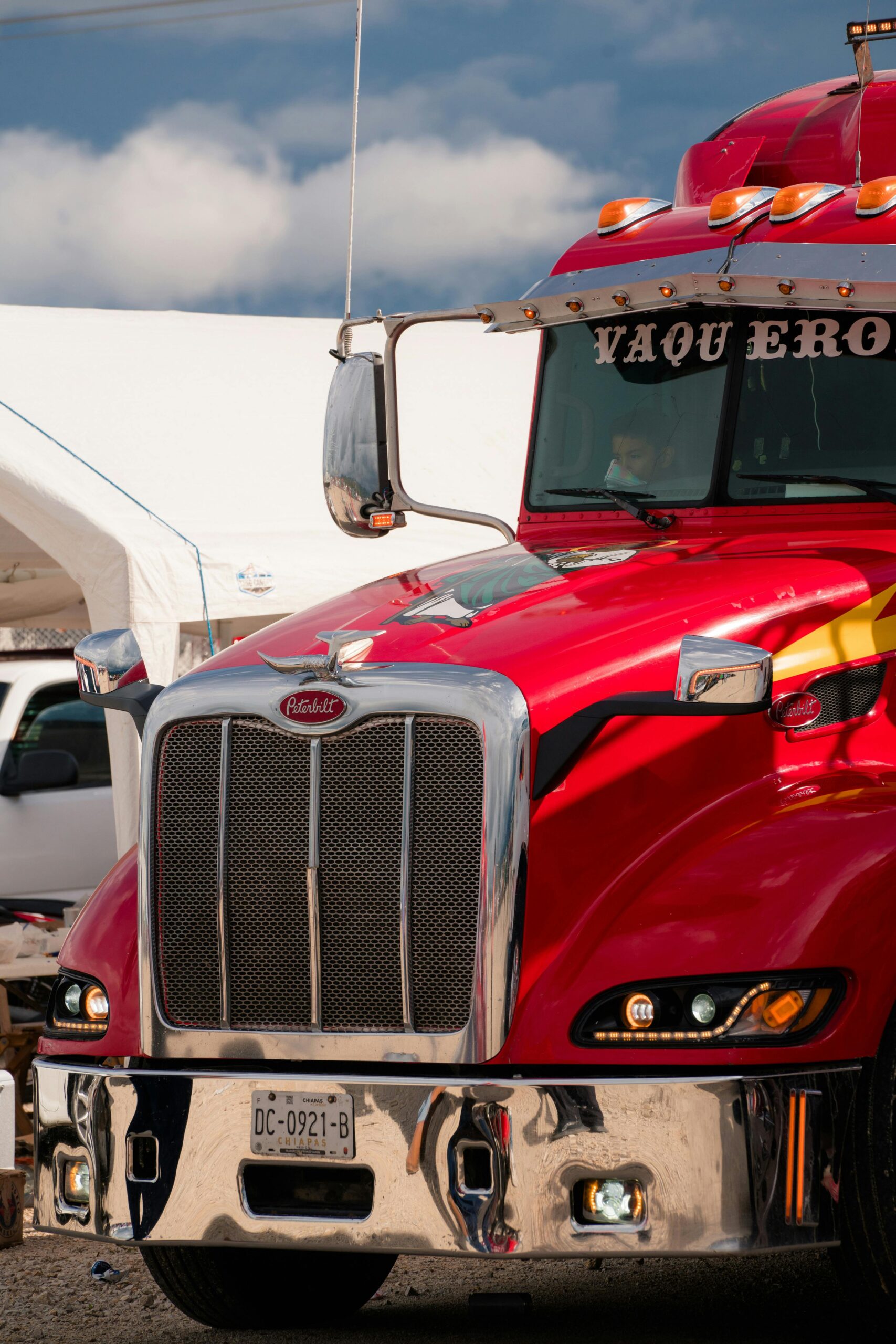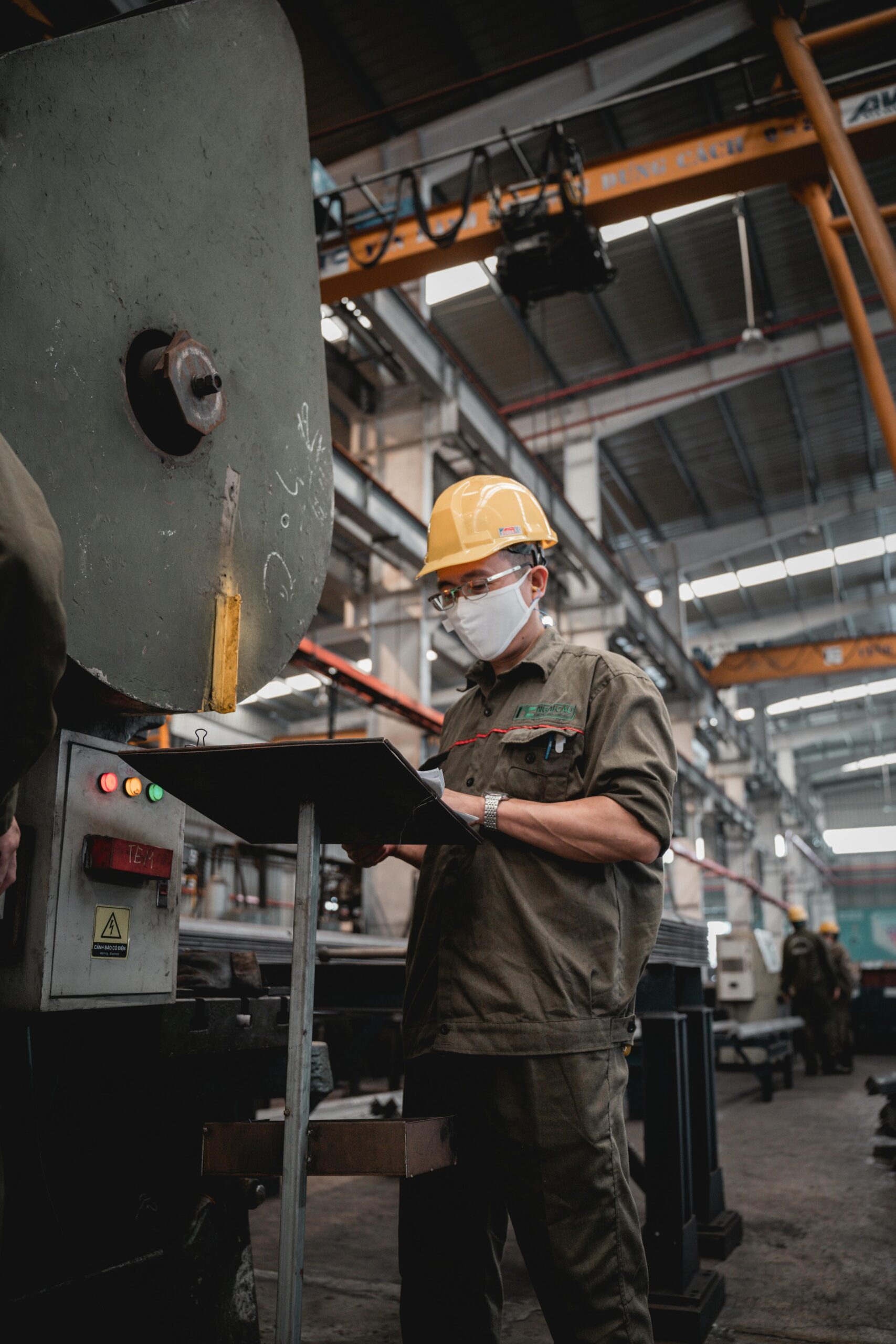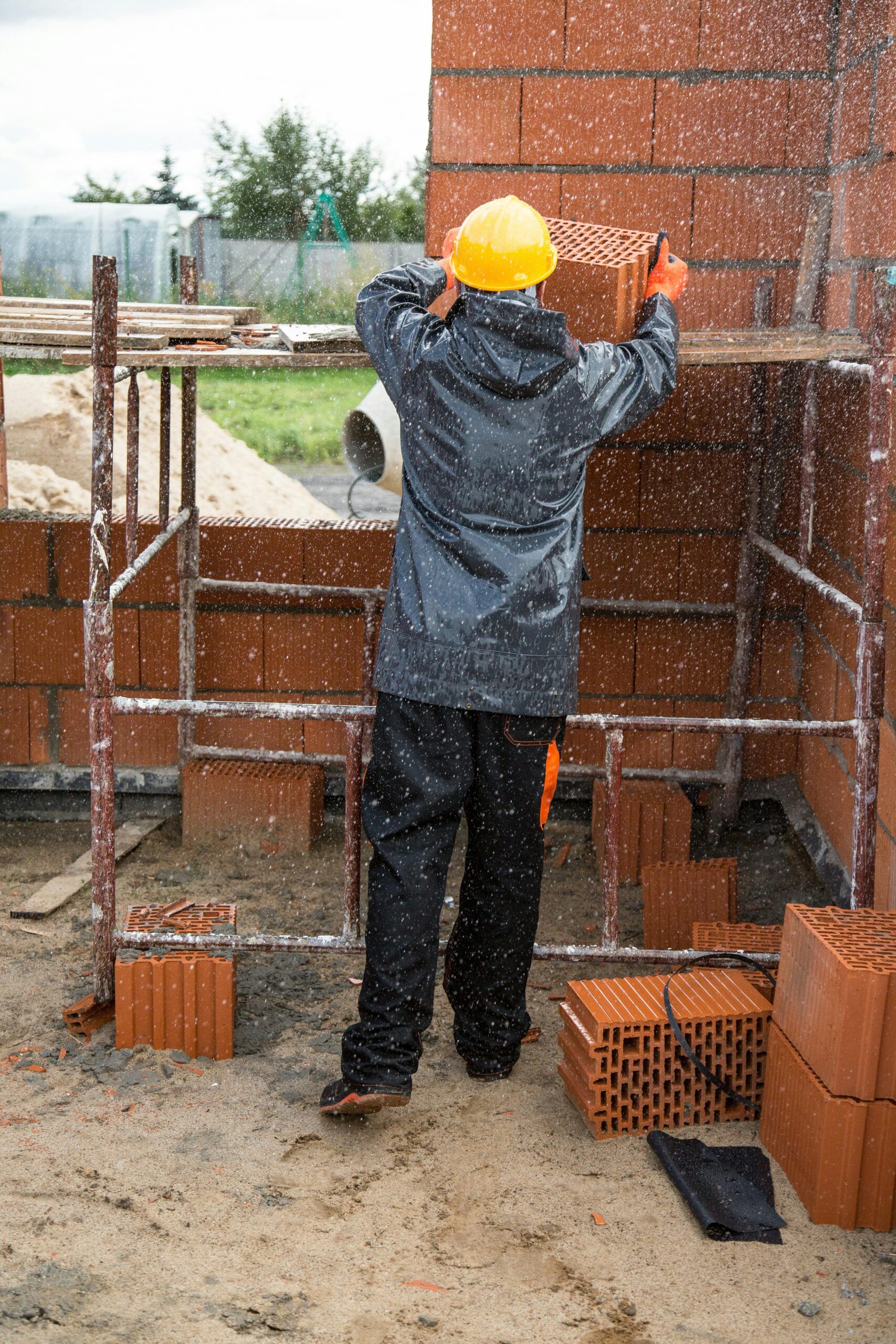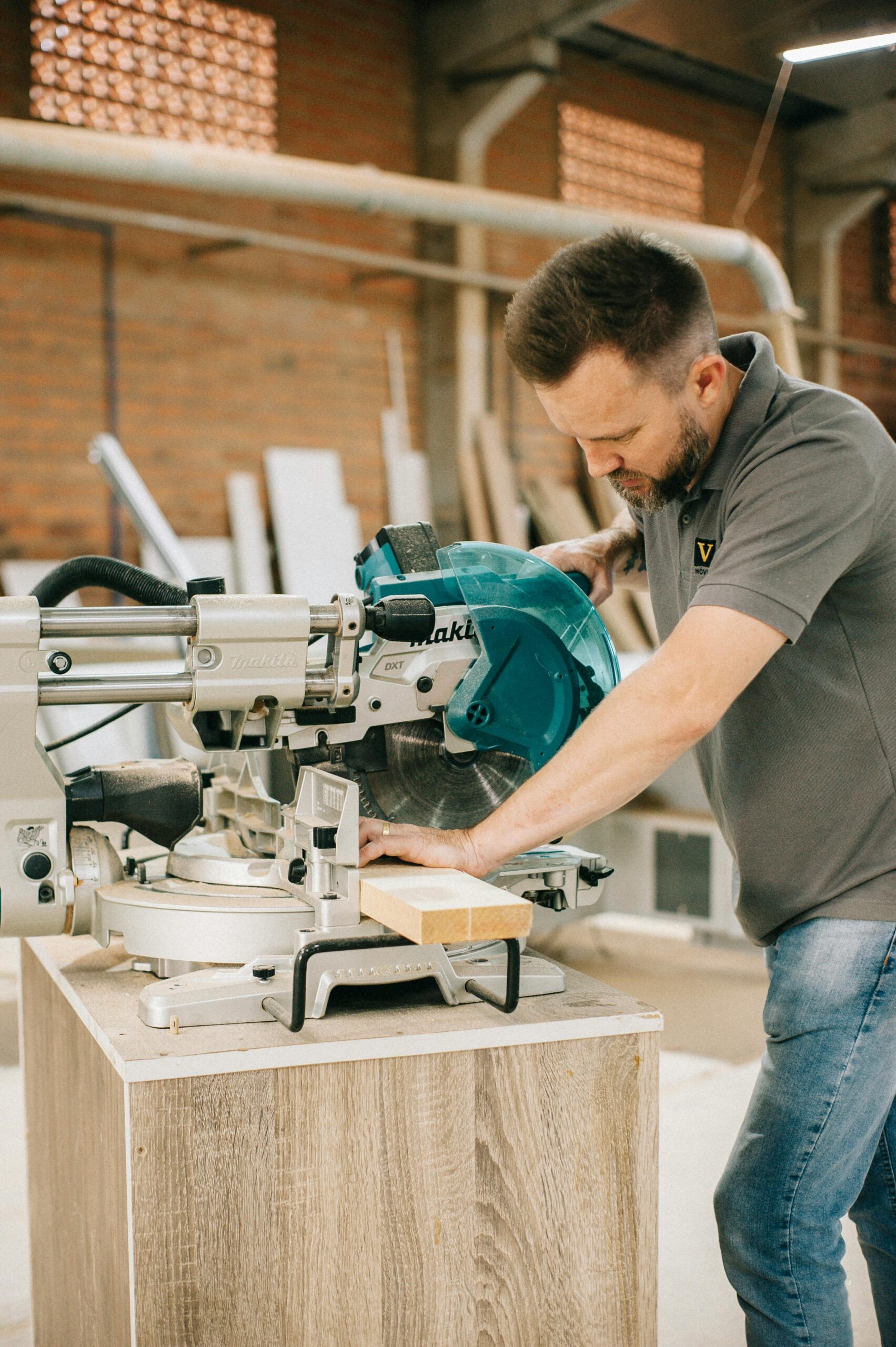JOBS YOU WANT TO MAKE YOUR CAREER
HOSPITALITY

CHEF / COOK
A chef is a skilled culinary professional responsible for preparing, cooking, and presenting food in restaurants, hotels, or other dining establishments. They create menus, manage kitchen staff, and ensure high-quality dishes that delight customers. Chefs often specialize in specific cuisines, such as Italian, French, or Asian, and may hold titles like Executive Chef, Sous Chef, or Pastry Chef. Their work requires creativity, precision, and a passion for food. Beyond cooking, chefs manage inventory, maintain hygiene standards, and stay updated on culinary trends. Whether in fine dining or casual eateries, chefs play a vital role in delivering memorable dining experiences through their expertise and artistry.

WAITER/ WAITRESS
A waiter or waitress is a front-line hospitality professional responsible for ensuring a positive dining experience for customers. They take orders, serve food and beverages, and address customer needs with a friendly and attentive demeanor. Waitstaff also handle payments, set tables, and maintain cleanliness in the dining area. Strong communication, multitasking, and problem-solving skills are essential for this role. They act as the bridge between the kitchen and customers, ensuring timely and accurate service. Whether in casual cafes or fine dining restaurants, waiters and waitresses play a key role in creating a welcoming atmosphere and ensuring customer satisfaction through their service and hospitality.

BARTENDER/BARISTA
A bartender or barista is a skilled hospitality professional who prepares and serves beverages, such as cocktails, coffee, or tea, in bars, cafes, or restaurants. Bartenders mix drinks, engage with customers, and maintain bar inventory, while baristas specialize in crafting coffee-based beverages like lattes and cappuccinos. Both roles require excellent customer service, creativity, and attention to detail. They create a welcoming atmosphere, handle payments, and ensure a clean workspace. Whether crafting the perfect espresso or mixing a signature cocktail, bartenders and baristas play a key role in enhancing the customer experience and contributing to the vibrant ambiance of their establishments.

ROOM ATTENDENT
A room attendant, also known as a housekeeper, is responsible for maintaining cleanliness and order in hotel rooms, guesthouses, or other accommodations. Duties include cleaning and sanitizing rooms, changing linens, replenishing supplies, and ensuring a welcoming environment for guests. Room attendants also report maintenance issues and handle guest requests promptly. This role requires attention to detail, time management, and physical stamina. Room attendants play a crucial role in the hospitality industry, ensuring guest comfort and satisfaction by providing clean, well-organized spaces. Their work contributes to the overall reputation and success of the establishment by creating a positive and memorable experience for visitors.

KITCHEN HELPER
A kitchen helper, also known as a kitchen assistant, supports chefs and kitchen staff in food preparation and maintaining a clean, efficient workspace. Tasks include washing and chopping ingredients, cleaning utensils, organizing supplies, and ensuring hygiene standards are met. Kitchen helpers may also assist with basic cooking, dishwashing, and stocking inventory. This role requires teamwork, attention to detail, and the ability to work in a fast-paced environment. Kitchen helpers are essential to the smooth operation of restaurants, cafes, and catering services, ensuring that the kitchen runs efficiently and that chefs can focus on delivering high-quality meals to customers.

HOUSEKEEPING
A waiter or waitress is a front-line hospitality professional responsible for ensuring a positive dining experience for customers. They take orders, serve food and beverages, and address customer needs with a friendly and attentive demeanor. Waitstaff also handle payments, set tables, and maintain cleanliness in the dining area. Strong communication, multitasking, and problem-solving skills are essential for this role. They act as the bridge between the kitchen and customers, ensuring timely and accurate service. Whether in casual cafes or fine dining restaurants, waiters and waitresses play a key role in creating a welcoming atmosphere and ensuring customer satisfaction through their service and hospitality.

HEAVY DRIVER
A heavy driver operates large vehicles like trucks, buses, or construction equipment to transport goods, materials, or passengers. They ensure safe and timely delivery, adhere to traffic laws, and maintain vehicle logs. Heavy drivers must have excellent driving skills, a valid commercial driver’s license (CDL), and knowledge of vehicle maintenance. They often work long hours, sometimes in challenging conditions, and must prioritize safety and efficiency. This role is crucial in logistics, construction, and public transportation, requiring reliability, focus, and physical stamina. Heavy drivers play a vital role in keeping supply chains moving and supporting industries that depend on the transportation of heavy loads.

DELIVERY DRIVER
A waiter or waitress is a front-line hospitality professional responsible for ensuring a positive dining experience for customers. They take orders, serve food and beverages, and address customer needs with a friendly and attentive demeanor. Waitstaff also handle payments, set tables, and maintain cleanliness in the dining area. Strong communication, multitasking, and problem-solving skills are essential for this role. They act as the bridge between the kitchen and customers, ensuring timely and accurate service. Whether in casual cafes or fine dining restaurants, waiters and waitresses play a key role in creating a welcoming atmosphere and ensuring customer satisfaction through their service and hospitality.

FACTORY WORKER
A factory worker is responsible for performing various tasks in manufacturing or production settings, such as assembling products, operating machinery, and maintaining equipment. They ensure quality control, follow safety protocols, and meet production targets. Factory workers may also handle materials, pack finished goods, and clean workspaces. This role requires physical stamina, attention to detail, and the ability to work in a fast-paced environment. Factory workers are essential to the production process, contributing to the creation of goods across industries like automotive, electronics, and food processing. Their work supports supply chains and helps deliver products to consumers efficiently and reliably.

WELDER
A welder is a skilled tradesperson who joins metal parts using techniques like arc welding, MIG, TIG, or gas welding. They read blueprints, operate welding equipment, and ensure strong, precise joints for construction, manufacturing, or repair projects. Welders must follow safety protocols, inspect their work for quality, and often work with materials like steel, aluminum, or stainless steel. This role requires technical expertise, attention to detail, and physical stamina. Welders are essential in industries such as automotive, construction, and aerospace, contributing to the creation and maintenance of structures, machinery, and equipment with their craftsmanship and precision.

MASON
A mason is a skilled tradesperson who works with bricks, stones, concrete blocks, or tiles to construct, repair, and maintain structures like walls, buildings, and pathways. They read blueprints, measure materials, and use tools like trowels, levels, and chisels to ensure precision and durability. Masons must have a strong understanding of construction techniques, materials, and safety protocols. This role requires physical strength, attention to detail, and craftsmanship. Masons are essential in the construction industry, contributing to the creation of durable and aesthetically pleasing structures, from homes and commercial buildings to historical restorations and decorative features.

CARPENTER
A carpenter is a skilled tradesperson who builds, installs, and repairs structures made of wood and other materials. They work on projects like framing houses, crafting furniture, installing cabinets, and constructing frameworks. Carpenters read blueprints, measure and cut materials, and use tools such as saws, drills, and hammers. Precision, attention to detail, and knowledge of construction techniques are essential. Carpenters play a vital role in construction, renovation, and woodworking, contributing to the creation of functional and aesthetically pleasing structures. Their expertise ensures the durability and quality of buildings, furniture, and other wooden installations, making them indispensable in the construction and design industries.